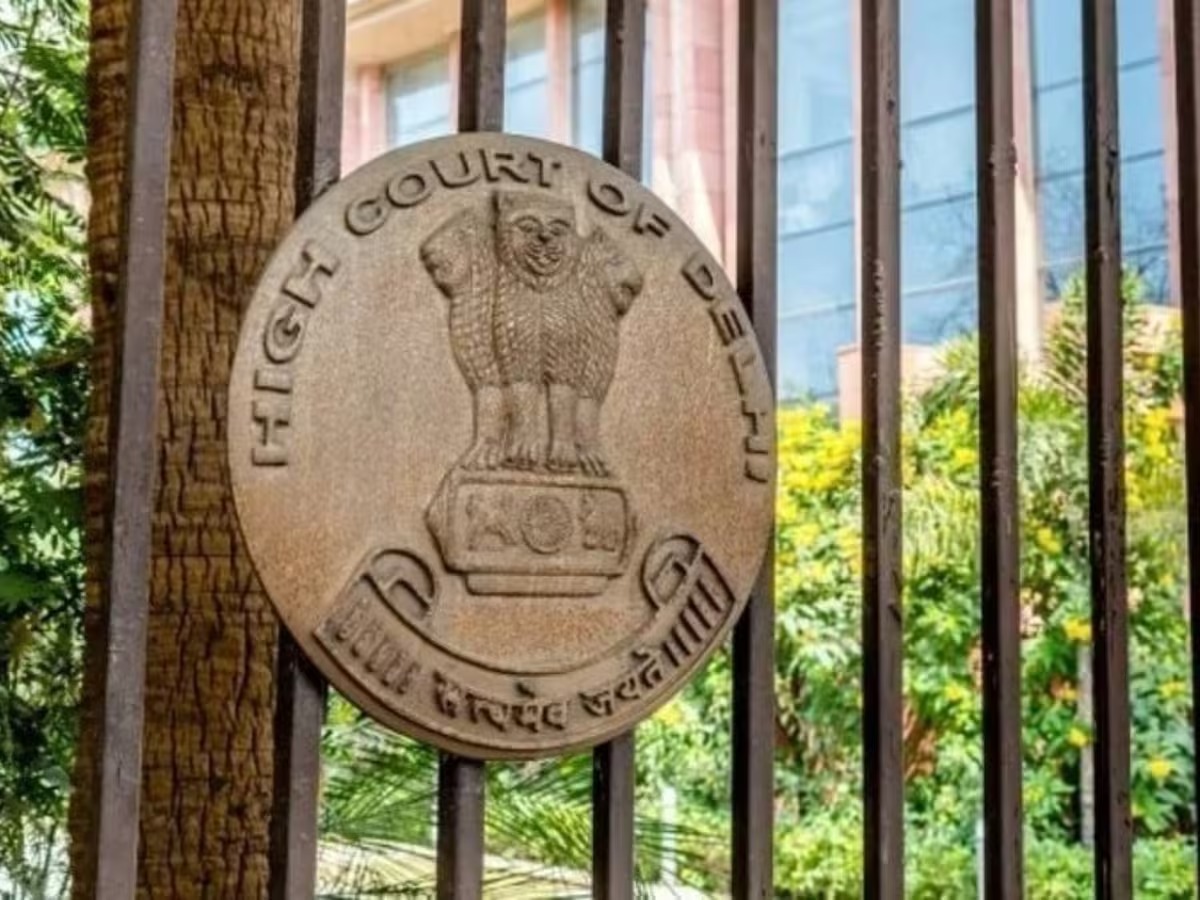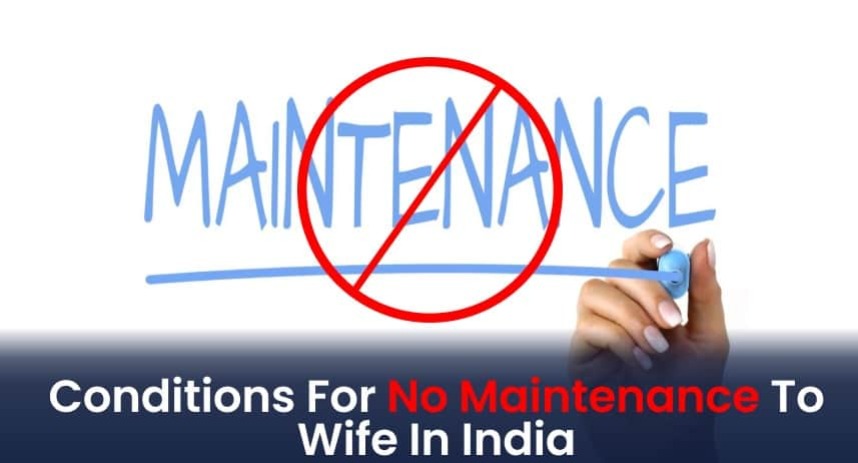S.S. Nijjar, J.@mdashThis writ petition under Articles 226/227 of the Constitution of India seeks the issue of writ of certirorari/mandamus quashing the portion of the award-Annexure P-1 pertaining to the relief granted to the petitioner (hereinafter referred to as the workman) under Issue No. 5 whereby the workman has been denied 50 per cent of the back wages on reinstatement.
2. The workman joined the post of Chawkidar on 9.3.1981. Me was working as Chawkidar in Dasuya Markfed Godown when his services were terminated on 31.5.1985. While terminating his services, no charge-sheet was served upon him. No enquiry was conducted against him. The post upon which the workman was working was not abolished. Since he had completed 240 days of service continuously in a calendar year, prior to the termination of his services, he was entitled to be protected under the Industrial Disputes Act.
3. The workman served a demand notice, on the basis of which, the industrial dispute was referred to Presiding Officer, Labour Court, U.T., Chandigarh. In response to the claim filed by the workman, the Management filed written statement. It was claimed that initially, the appointment of the workman was for a period of 89 days. His contract of service was renewed on 89 days basis from time to time. Ultimately, he was relieved from duty. The Labour Court, after framing the issues and considering the evidence, has come to the conclusion that it was necessary for the Manage- ment to comply with Section 25-F of the Industrial Disputes Act as the workman had completed 240 days in a year preceding his termination. Inspite of giving the aforesaid finding, the Labour Court, without assigning any reason, denied the workman the benefit of full back wages. The workman has been ordered to be reinstated into service with 50 per cent back wages.
4. I have heard the counsel for the parties at length.
5. It is a settled proposition of law that when the Court comes to the conclusion that the services of a workman have been terminated in breach of the provisions of the Industrial Disputes Act, the workman is entitled to be reinstated into service with full back wages. This matter has been settled by a Full Bench decision of this Court in the case of Hari Palace, Ambala City v. The Presiding Officer, Labour Court and Anr., P.L.R. Vol. LXXXI-1979, 720. The Full bench observed as follows :-
"6. However, all controversy now seems to have been set at rest by their Lordships of the Supreme Court in Hindustan Tin Works Pvt. Ltd. v. The Employees of Hindustan Tin Works Pvt. Ltd. and others, wherein the appeal by Special Leave was expressly limited to the question of grant of back wages. It has been held therein in no uncertain terms :
"Ordinarily, therefore, a workman whose service has been illegally terminated would be entitled to full back wages except to the extent he was gainfully employed during the enforced idleness. That is the normal rule. Any other view would be a premium on the unwarranted litigative activity of the employer"
And again:
"Full back wages would be the normal rule and the party objecting to it must establish the circumstances necessitating departure."
The aforesaid view has then been reiterated by their Lordships in G.T. Lad and Ors. v. Chemicals and Fires India Ltd."
6. It, therefore, becomes apparent that full back wages would be the normal rule and the party objecting to it must establish the circumstances necessitating a departure. A perusal of the award shows that no cogent reasons have been given for departing from the normal rule. The Labour Court was wholly oblivious to the ratio of law laid down by the Full Bench of this Court.
In view of the above, the writ petition is allowed. The award of the Labour Court denying 50 per cent of the back wages in paragraph 16 of the award is hereby modified. The respondents are directed to pay full back wages to the workman from the date of the demand notice i.e. 1.7.1985. The arrears of wages so calculated shall also carry interest at the rate of 18 per cent per annum. The arrears of back wages together with the interest shall be paid to the workman within a period of two months of the receipt of a copy of this order. The Writ Petition is allowed. No costs.

